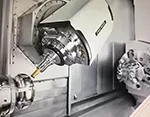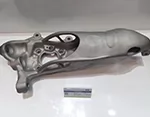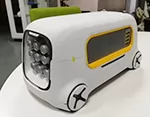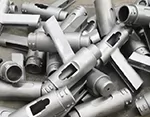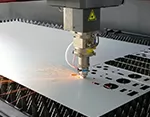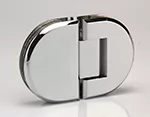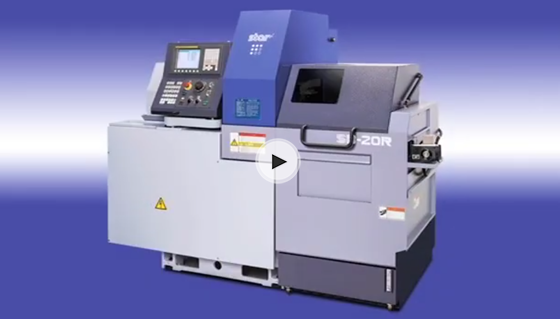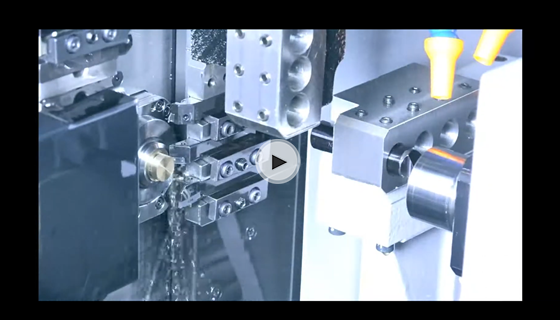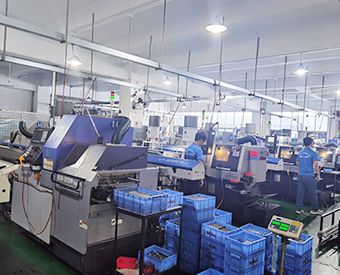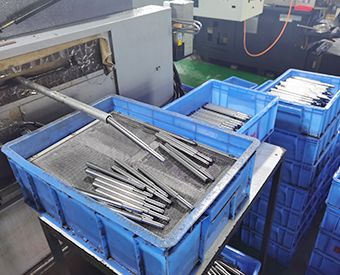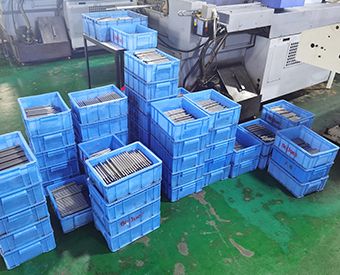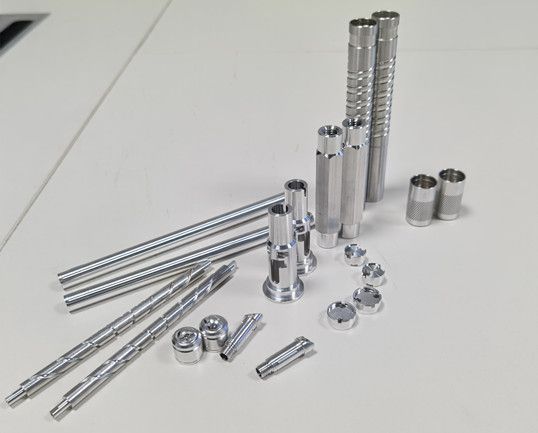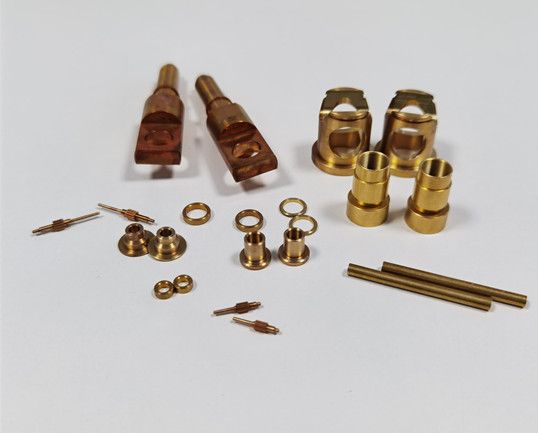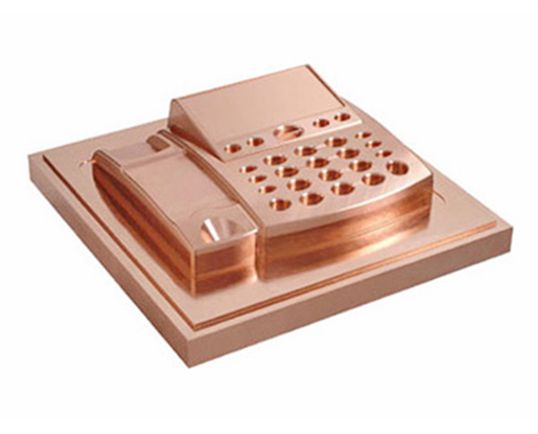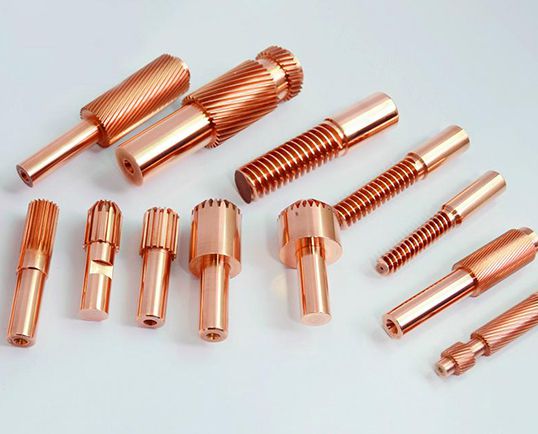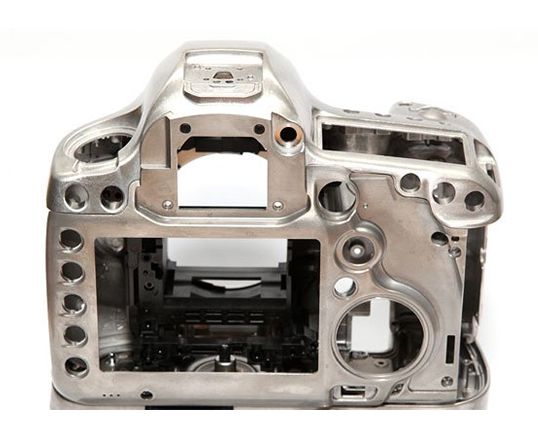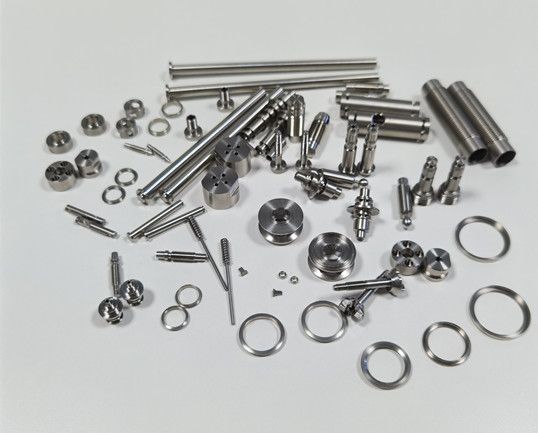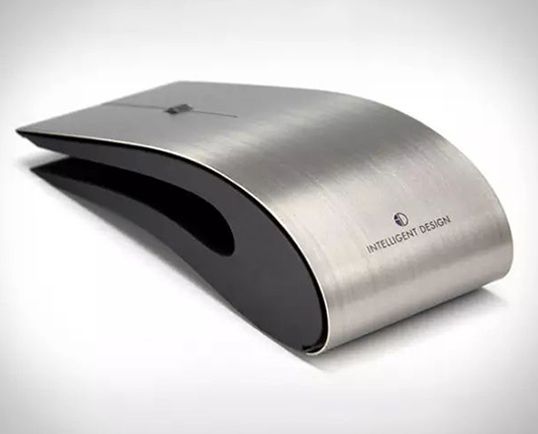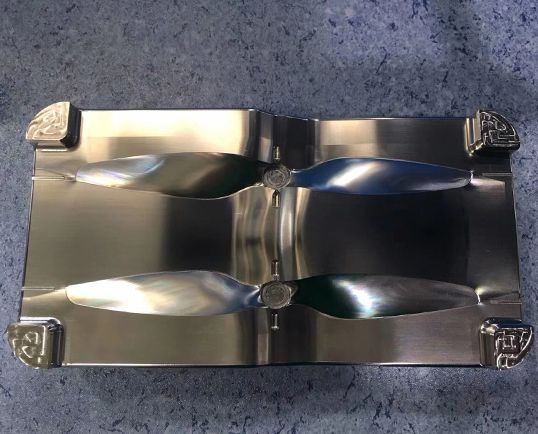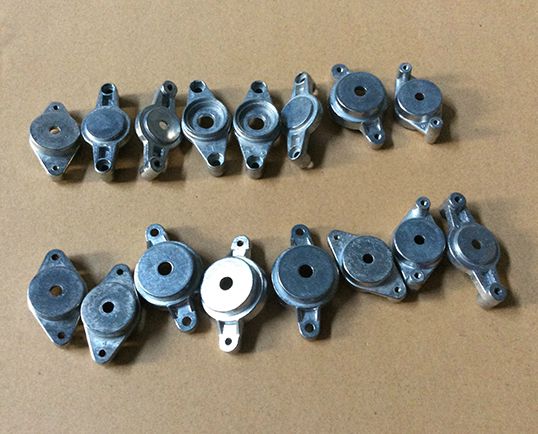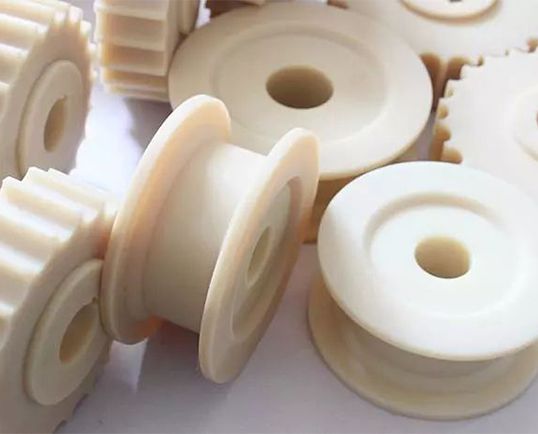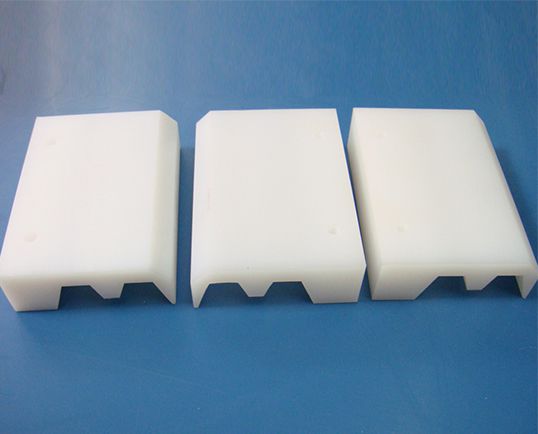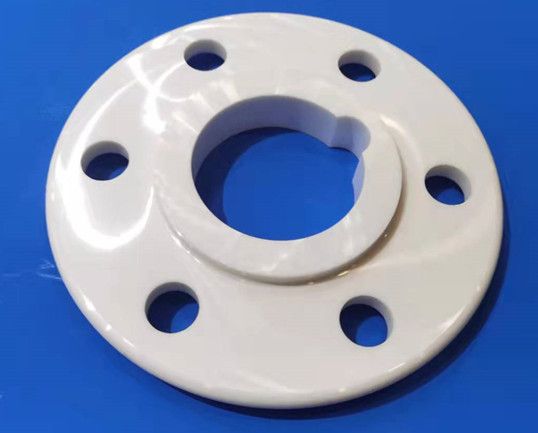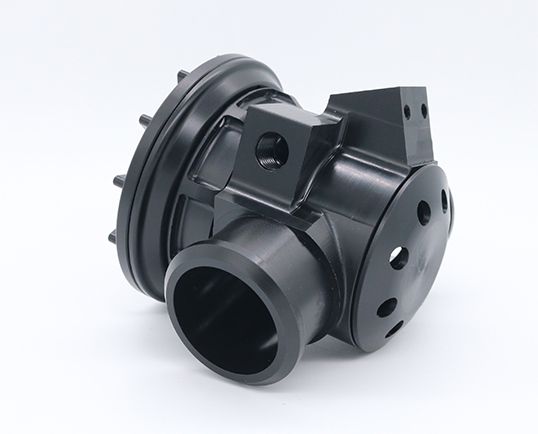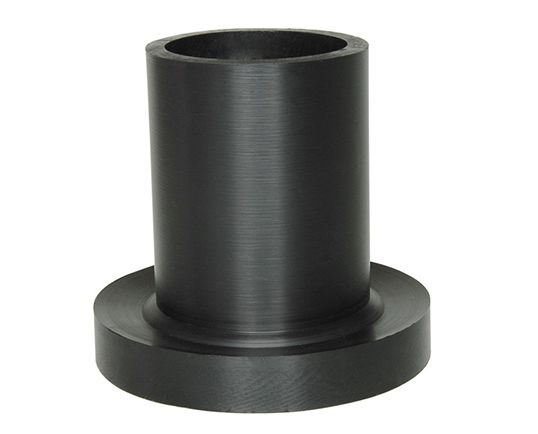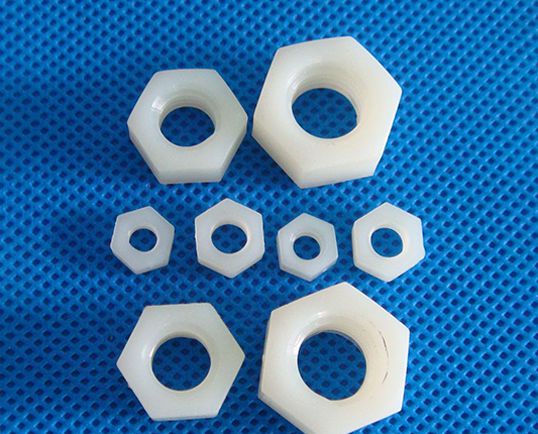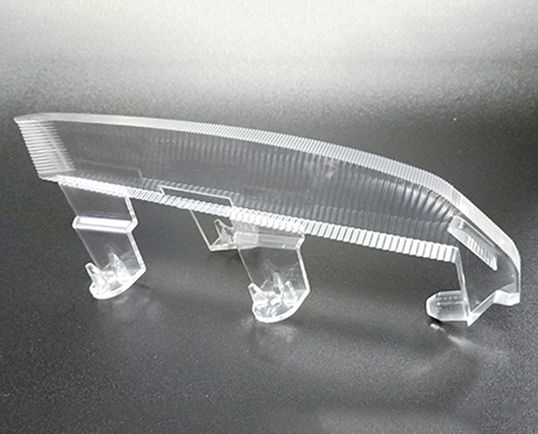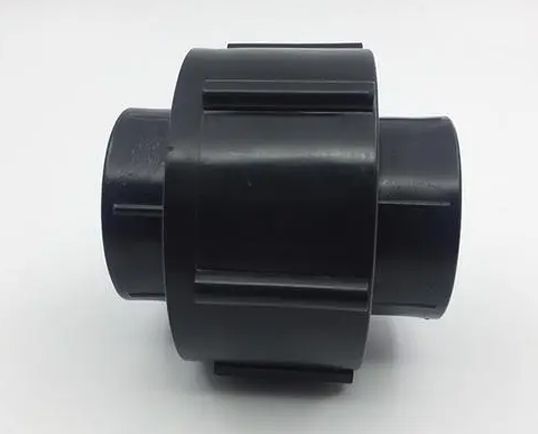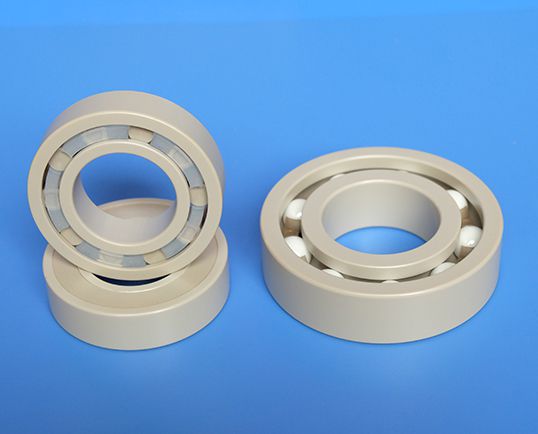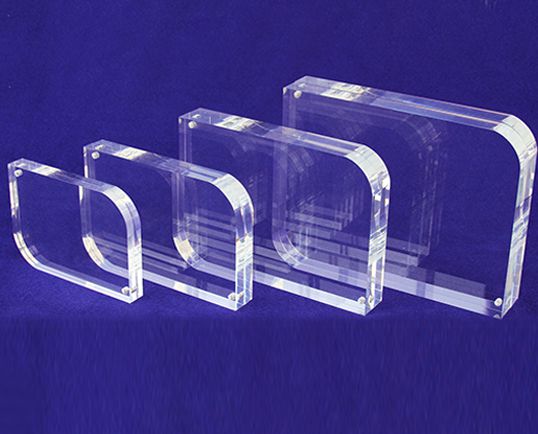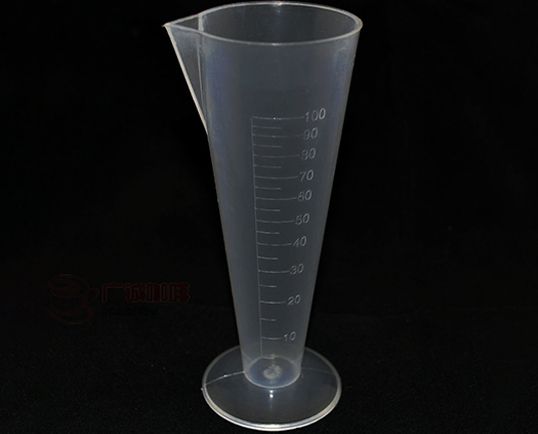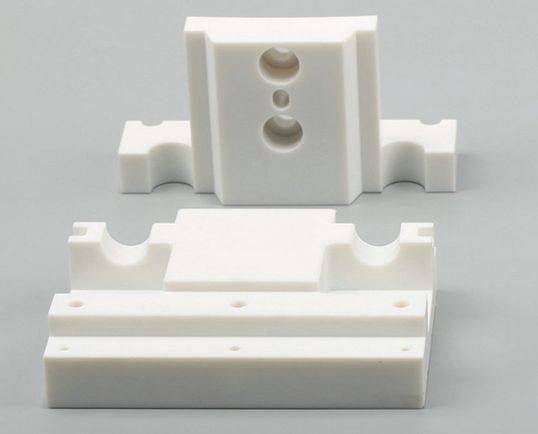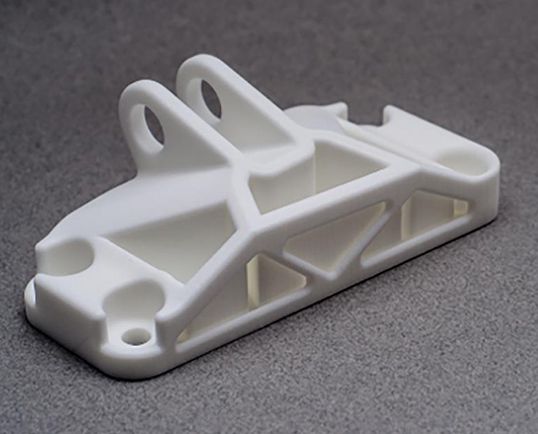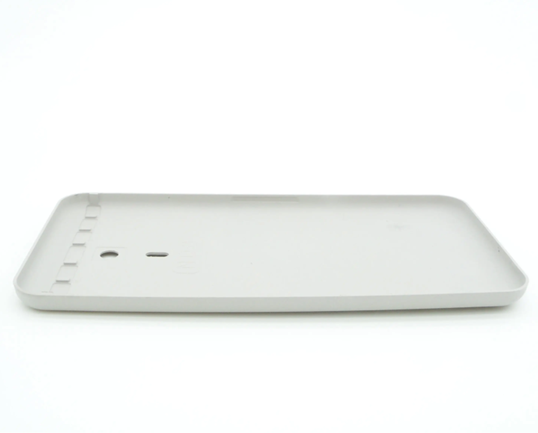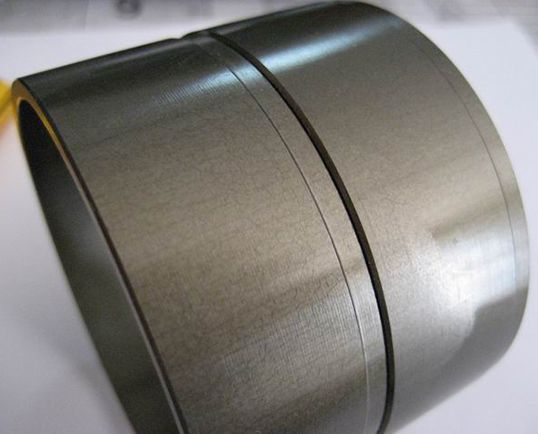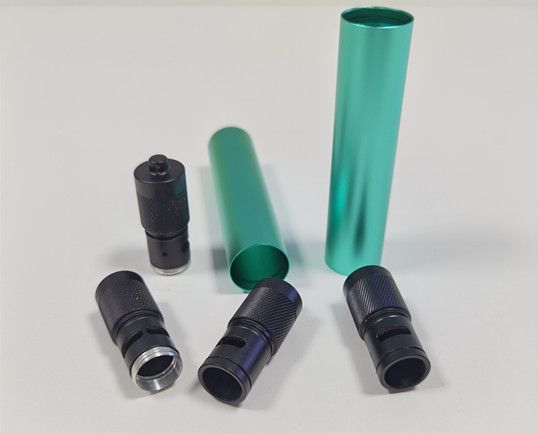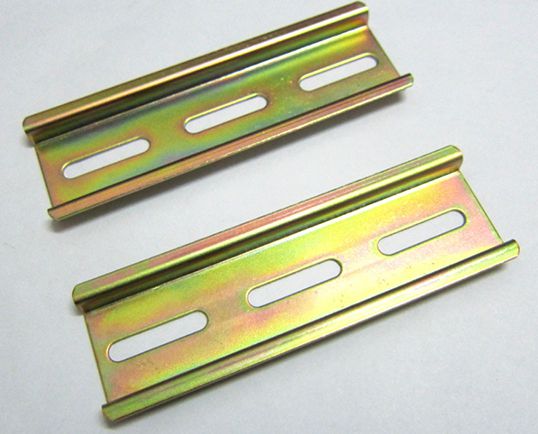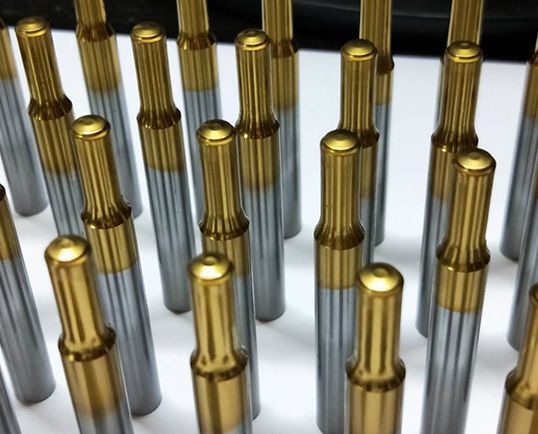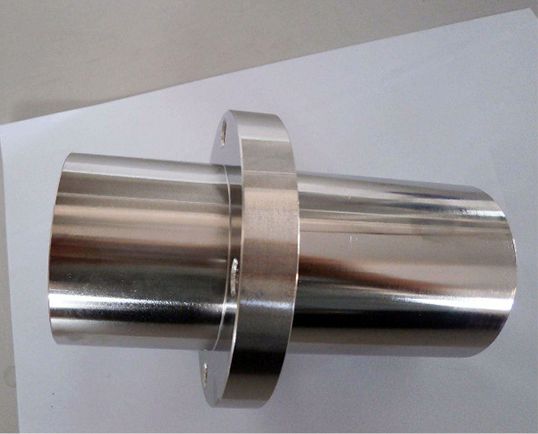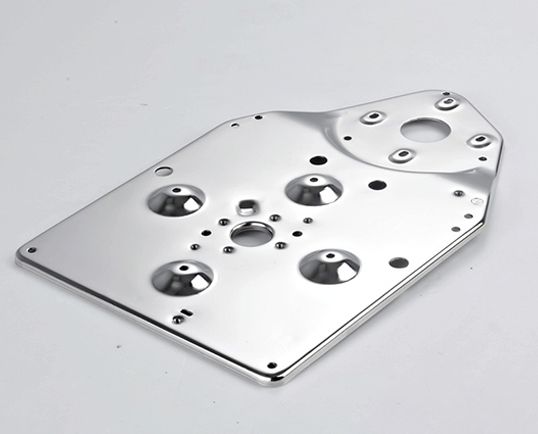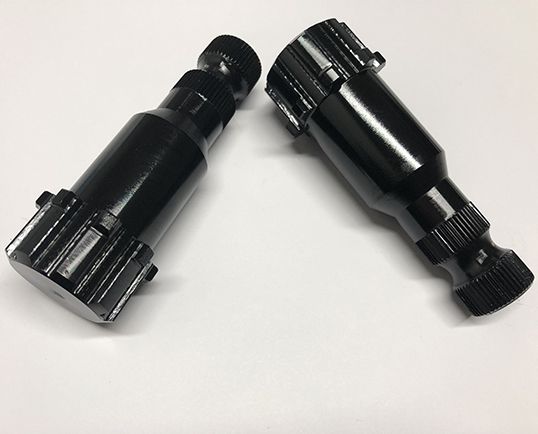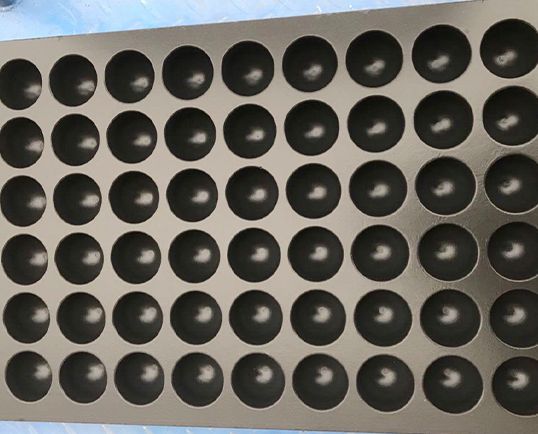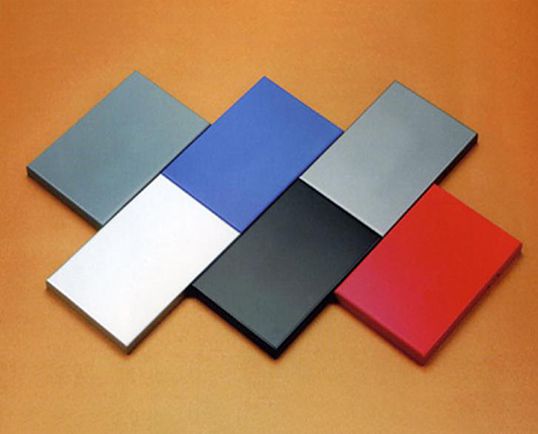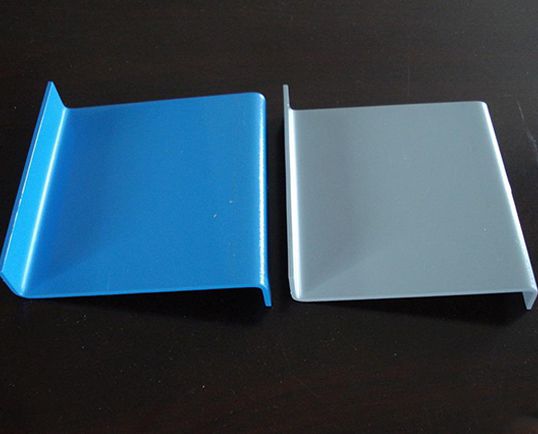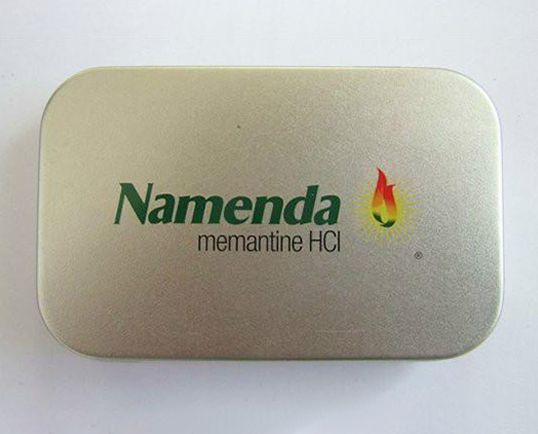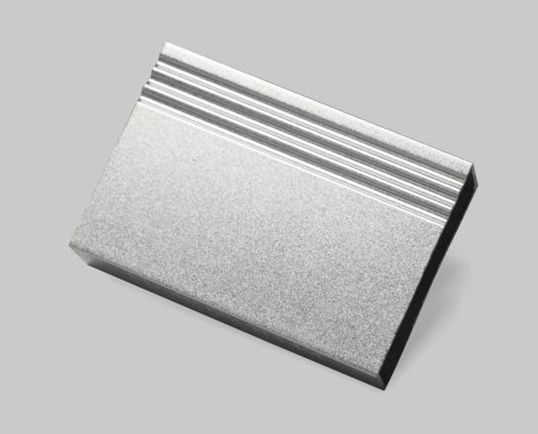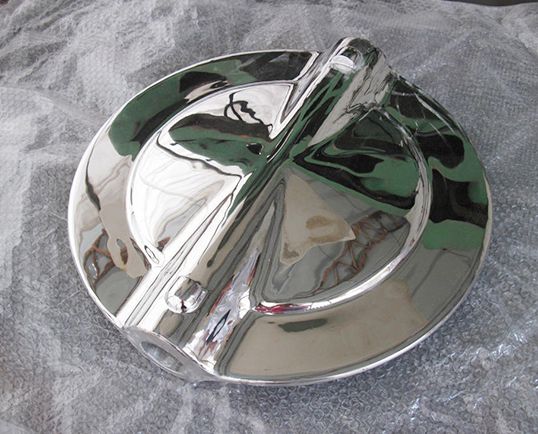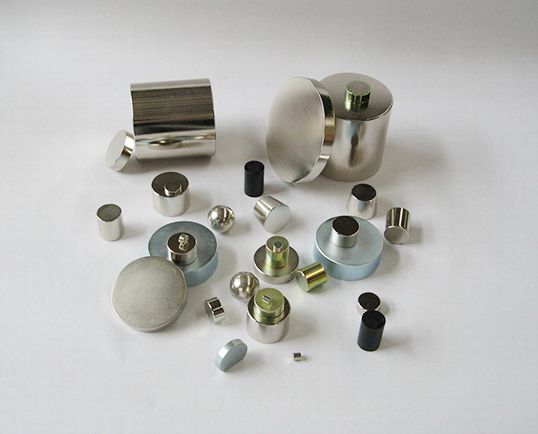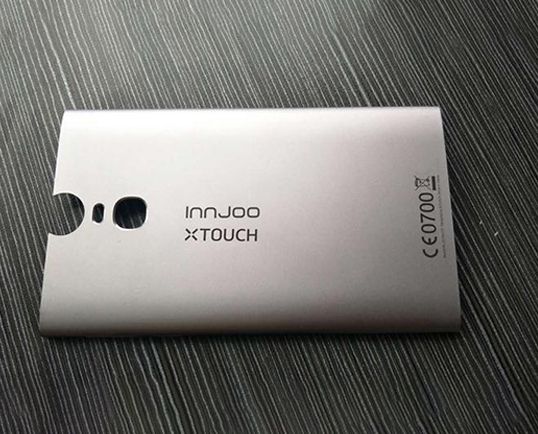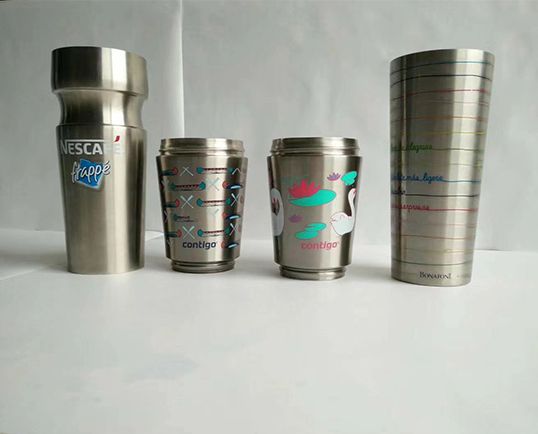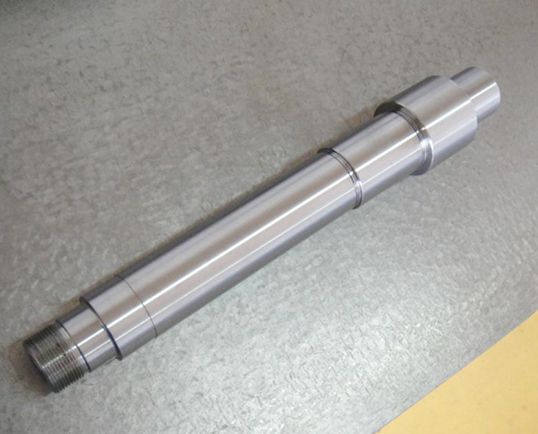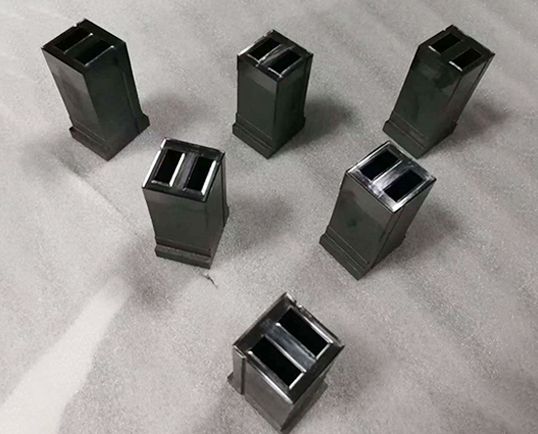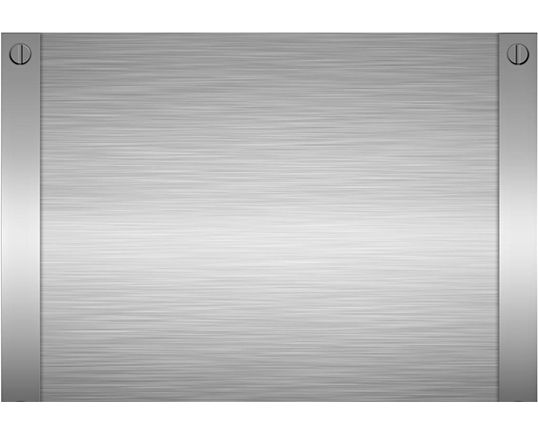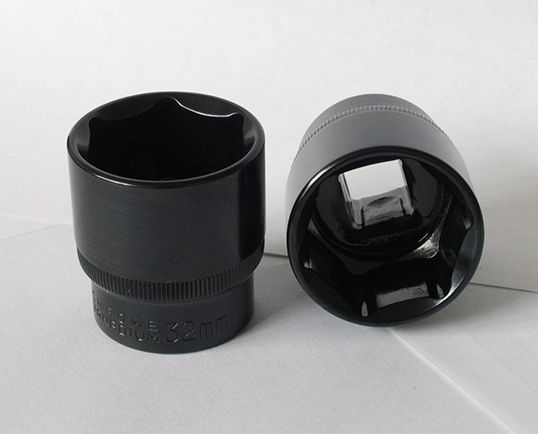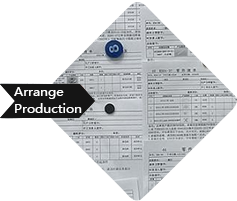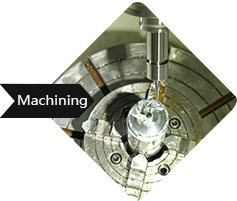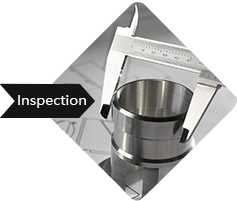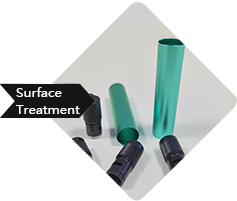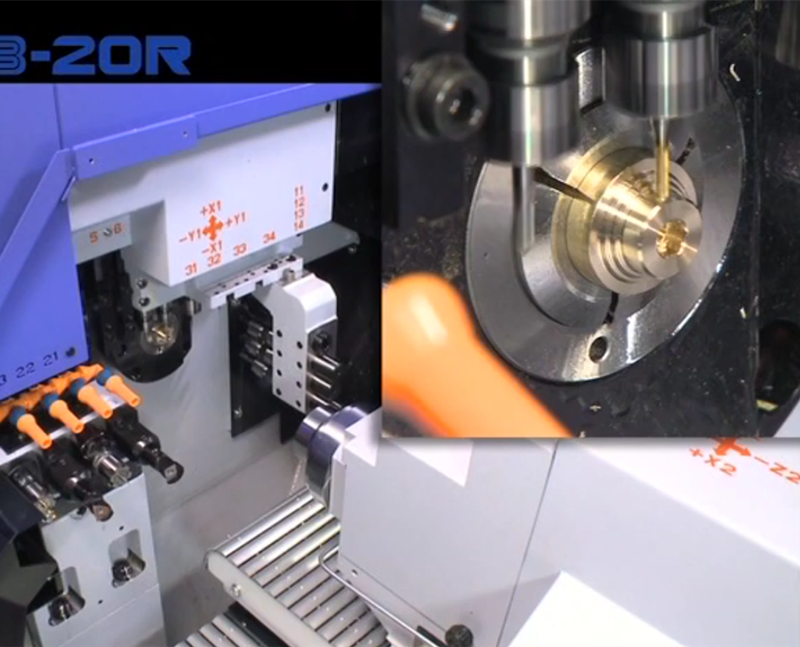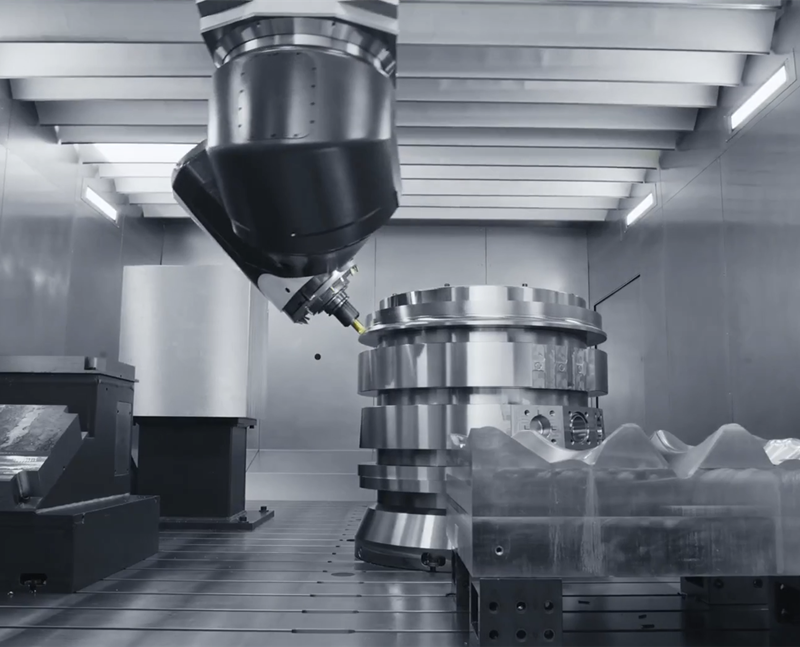-
Service
+
- CNC Precision Machining Service +
- Multi-Axis Simultaneous Machining Service +
- CNC Turning Service +
- Metal 3D Printing Service +
- Rapid Prototyping Service +
- Die Casting Service +
- Sheet Metal Fabrication Service +
-
Finish Serivces
+
- Polishing
- Grinding
- Brushed Finish
- Sand blasting
- Painting
- Powder Painting
- Anodizing
- Hard anodizing Service
- Passivation
- Zinc Plating
- Nickel Plating
- Chrome Plating
- Blackening
- Black Zinc Plating
- Teflon Coating
- Titanium Coating
- DLC Coating
- Laser Marking
- Silk Screen Printing
- Transfer Printing
- Micro Arc Oxidation
- Industries +
- About Us +
- Resource +
- Contact Us
- Quote

-
Service
-
>
-
>
-
>
-
>
-
>
-
>
-
>
-
>
-
- Industries
- About Us
- Resource
- Contact Us
What is Swiss CNC machining?
Swiss machining generally refers to the Swiss-designed CNC-operated lathe that turns parts in a radial motion as it cuts the workpiece. Swiss machining is a manufacturing technique that offers specialized tool cutting designed to turn metal stock into complex, slender, or delicate components that require tight tolerances. The process is not only cost-effective, but it presents increased precision over other similar methods.
Where is Swiss Machining Used?
Swiss CNC machining can produce small, intricate parts in high-volume for a number of industries, predominantly automotive, medical, defense, and electronics-related sectors. Parts produced by this type of machining are found in medical devices, optical equipment, firing pins, shafts, timepieces, connecting components for electronic devices and aerospace parts, and much more.
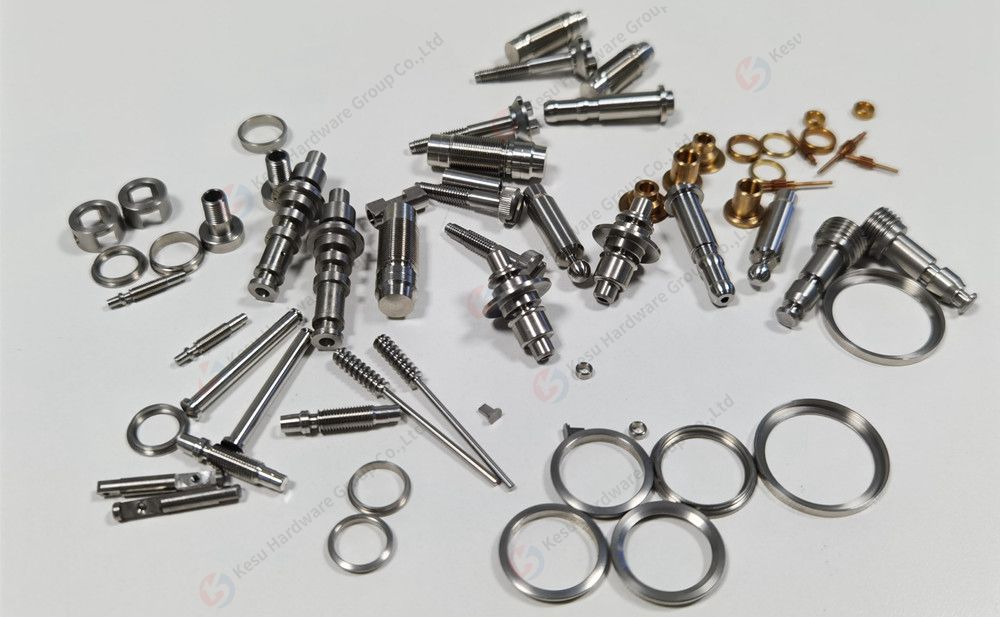
CNC Swiss turned components
CNC Swiss Machining Service is suit for machining high volume of small and complex cylindrical parts. The diameter of turned parts range from 1.1 mm - 38 mm (0.045"-1.5"). The straightness and concentricity tolerance is also very tight. At present, Kesu Group invested in 23 sets of 5-axis CNC Swiss Type Automatic Lathe. Such as Star SB 20R type G and Tsugami BO205-Ⅲ. At the same time, each machine is equipped with an IEMCA bar feeder. Which can fully realize the mass production of complex, slender, or delicate components that require tight tolerances.
At Kesu Hardware, Swiss machining can micro-machine tiny components with accuracy that are stronger, smaller, and lighter – faster. This all adds up to Swiss machines performing more complex machining operations than any other type of CNC machining system. High-volume production runs with this machining can cover numerous processes, including, milling, threading, drilling, boring, turning, and other custom requirements. One machine can perform several operations at once in a shorter period of time while offering designers more control in the production of complex parts. A variety of materials can be handled, such as stainless steel, aluminium, Inconel, titanium, nickel, and nickel-based alloys.
All in all, Kesu Hardware's precision CNC Swiss machining is competitive on complex, slender, or delicate components that require tight tolerances, as well as some of the simpler turned products.
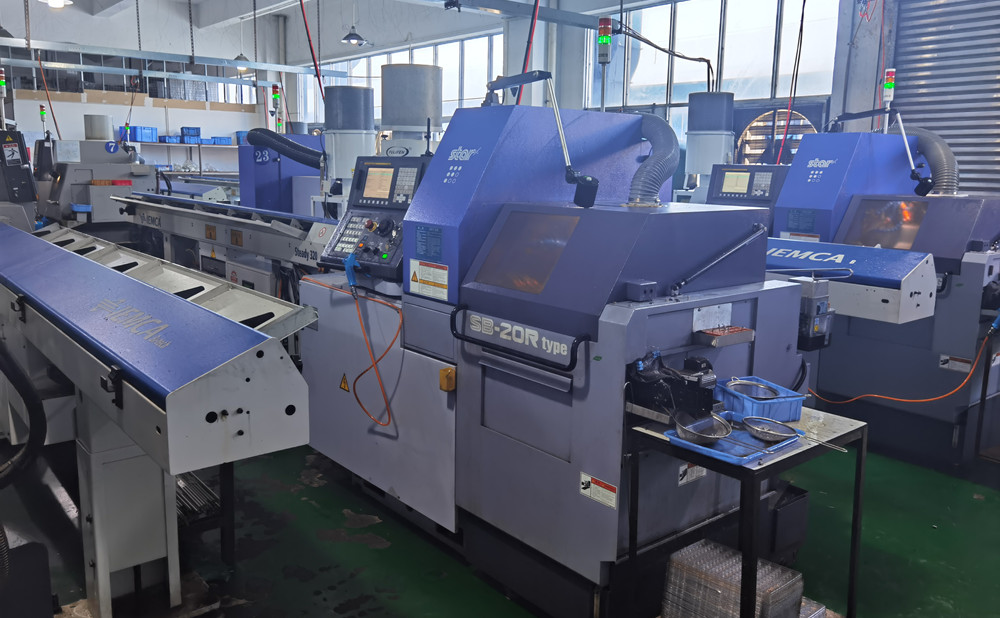
CNC Swiss Machining Workshop at Kesu Group
How the precision CNC swiss machining machine works
The Swiss machine works by feeding the bar stock through a guide bushing that firmly supports the material as it is fed into the tool area of the machine. In addition, only the part of the bar being machined enters the machining area, which means that the material is held tightly in place for increased stability and accuracy.
With conventional CNC lathes, the workpiece is usually rotated quickly in a fixed position and held firmly at one or both ends. In contrast, with a Swiss lathe, the workpiece can both rotate and move back and forth along the Z-axis while various tools cut features of the part. In addition, Swiss lathes can perform multiple operations in multiple areas at the same time, whereas conventional lathes can typically perform only one operation at a time.
While Swiss machines are traditionally used to machine turned parts such as screws, Swiss machines can also produce complex parts with no turned surfaces at all.
Advantages of CNC Swiss machining
Swiss-style lathes have the advantage of being both accurate and fast. They can hold tolerances as small as tens of thousands of inches, making them ideal for applications that always require the same measurements. They can also produce simple parts with short cycle times, as little as 10 seconds depending on the part. Much like 5-axis machining, Swiss machining lathes can rotate parts along 5 different axes to make the most precise cuts on each part.
Our advanced machinery can produce complex and intricate shapes as well as standard shapes.
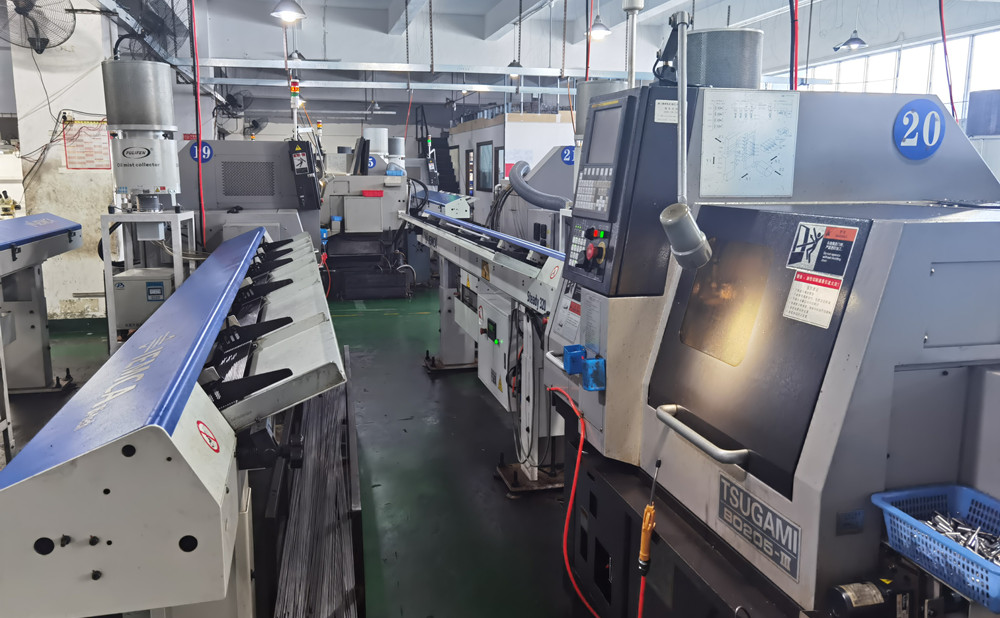
CNC Swiss Machining Workshop at Kesu Group
Industries and Applications
CNC Swiss Machining is a great idea for a variety of industries, especially those requiring tight tolerances, such as medical and surgical uses, aerospace, fiber optics and electronics. The machining can be used to produce pneumatic parts, surgical instruments, fiber optic connectors, and fluid motion parts. All of these meet industry standards - we are ISO 9001:2008 certified for quality management.
Some application industries
Medical equipment
Aerospace components
Optical equipment
Aircraft parts
Military satellites
Pharmaceuticals
Food Manufacturing
Oil and Gas
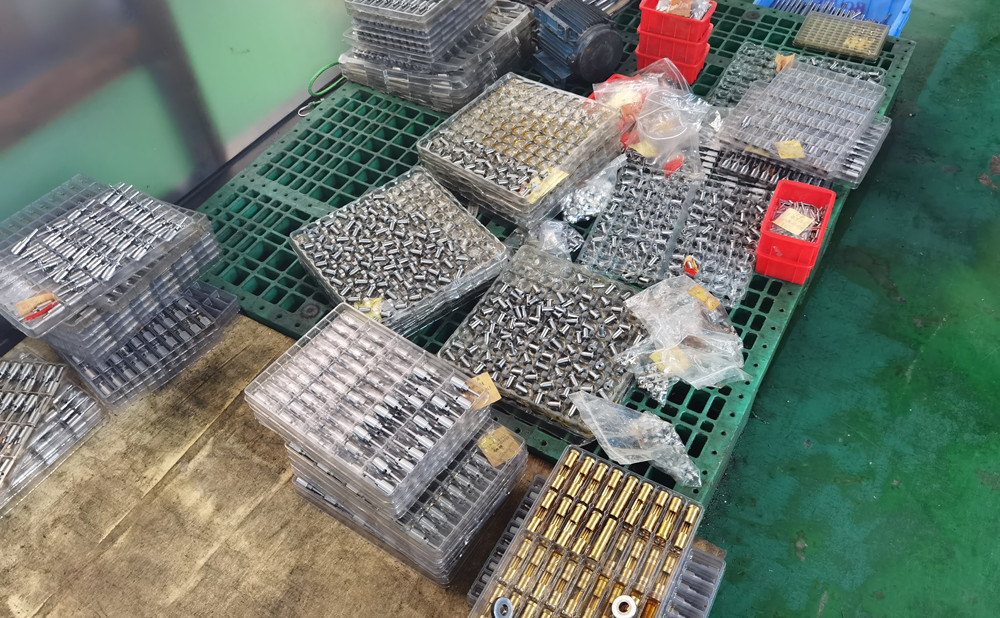
CNC Swiss turned parts
Kesu Hardware is a leader in Swiss precision machining. Our state-of-the-art CNC equipment provides precision Swiss machining throughout the World. With years of experience and dedication, we have built a track record of excellence in many different industries. Kesu Hardware consistently integrates the latest technology to reduce customer costs while continuing to provide the highest quality components. Our professional staff and high-tech CNC machine tools are capable of machining precision products ranging from simple to highly complex components including medical screws, implants, shafts, bushings, brackets, housings, inserts, contact pins and sockets.
Our team of skilled specialists is dedicated to providing quality components and personalized service to each customer.
Kesu's Machines
| Machines | |||
| Machine | Quantity | Brand | Max Part Size |
| CNC Swiss Type Automatic Lathe | 13 | Star | D20 x L210MM |
| CNC Swiss Type Automatic Lathe | 10 | Tsugami | D20 x L210MM |
Inspection Equipment
| Equipment | Quantity | Brand |
| CMM | 2 | LEAD |
| 2.5D | 3 | |
| XRF Spectrometer | 1 | HITACHI |
| Altimeter | 1 | |
| Calliper | 20 | |
| Micrometer | 10 |
Kesu's Best Tolerance
| Tolerance of Metal(mm) | Tolerance of Plastic(mm) | |
| Linear Dimensions | ±0.01 | ±0.05 |
| Diameter | ±0.002 | ±0.02 |
| Precise Hole | ±0.002 | ±0.02 |
| Chamfer Heights | ±0.02 | ±0.05 |
| Angular Dimensions | ±0º5′ | ±1º |
| Straightness | ±0.002 | ±0.02 |
| Flatness | ±0.002 | ±0.01 |
| Perpendicularity | ±0.002 | ±0.01 |
| Symmetry | ±0.002 | ±0.01 |
| concentricity | ±0.002 | ±0.005 |
| parallelism | ±0.001 | ±0.01 |
Aluminum is one of the most commonly used metals in machining, as it has excellent strength-to-weight ratio, low cost, and recyclability.
Alloys:
AL5052-T651, AL6061-T651, AL 7075-T651, AL6082-T651...
Finish Options:
A.Polishing, B.Grinding, C.Brushing, D.Sandblasting, E.Painting, F.Powder Painting, G.Anodizing , H.Hard anodized, I.Teflon Coating, J.Laser Marking, K.Silk Screen, L.Transfer Printing.
Brass is a free machining metal, and it is commonly used for a variety of parts including gears, lock components, pipe fittings, and ornamental applications.
Alloy:
Brass-H59, Brass-H62, Brass-H59, Brass-H62, Brass-HA177-2, Brass-HMn58-2, Brass-HPb59-1, Brass-HSn62-1...
Finish Options:
A.Polishing, B.Grinding, C.Brushing, D.Laser Marking, E.Silk Screen, F.Transfer Printing.
Bronze is a high strength alloy with good wear and corrosion resistance due to its tin, iron, and zinc content. Normally, the tin content is range from 3%-14%.
Alloy:
QSn-6-6-3
Finish Options:
A.Polishing, B.Grinding, C.Brushing, D.Laser Marking, E.Silk Screen, F.Transfer Printing.
Copper has excelent electricity and thermal conductivity, which is widely used in electrical applications.
Alloy:
T1、T2、T3、TU1、TU2b
Finish Options:
A.Polishing, B.Grinding, C.Brushing, D.Laser Marking, E.Silk Screen, F.Transfer Printing.
Magnesium Alloy is a high strength alloy with low density, and is widely used in aviation, aerospace and transportation etc.
Alloys:
AZ31, AZ41, AZ61...
Finish Options:
A.Polishing, B.Brushing, C.Sandblasting, D. Micro Arc Oxidation
Stainless steel is a high strength alloy with high hardness and great resistance to corrsion and rust due to its chrome and carbon content.
Alloys:
201, 303, 304, 316, 410, 420, 17-4PH...
Finish Options:
A.Polishing, B.Grinding , C.Brushing, D.Sandblasting, E.Painting, F.Powder Painting, G.Passivation, H.Zinc Plating, I.Black & zinc, J.Teflon, K.Titanium Coating , L.Laser Marking , M.Silk Screen , N.Transfer Printing .
Titanium Alloy is a high strength alloy with great resistance to corrosion and thermal, and it's widely used in the engine components, turbine blades and medical equipment.
Alloys:
Grade 1, Grade 2, Grade 3, Grade 4, Grade 5
Finish Options:
A.Polishing, B.Grinding, C.Brushing, D.Sandblasting, E.Laser Marking, F.Silk Screen, G.Transfer Printing.
The tool steel has high hardness, strength, wear resistance, sufficient toughness, and other process properties.
Alloys:
A2, D2, D3...
Finish Options:
A.Polishing, B.Grinding, C.Brushing, D.Sandblasting, E.Painting, F.Powder Painting, H.Hard anodized, I.Passivation, J.Zinc Plating, K.Electroless Nickle Plating, L.Chrome Plating, M.Blacken/ Black Oxide, N.Black & zinc, O.Teflon, P.Titanium Coating, Q.PLC Coating, R.Laser Marking, S.Silk Screen, T.Transfer Printing .
Zinc Alloy is low melting point alloy with great fluidity, and easy for welding, brazing and reform processing, and it is widely used in the casting industry.
Alloys:
Z13001, Z15001, Z19001 ...
Finish Options:
A. Polishing, B.Grinding, C.Sandblasting, D. Nickle Plating, E.Painting
ABS is a low-cost plastic with good comprehensive performance, and widely used in machinery, electrical, automobile and aircraft.
Available Color: Natural, Black
Available Finish: Painting
Ceramics is high brittleness material with high melting point, high hardness, high strength, good wear resistance and great oxidation resistance, as well as good electrical insulation.
Available Color: White
Delrin is a POM material, which belong to the Dupont Company. Delrin has low-friction, high-stiffness, and a relatively high toughness and minimal elongation, as well as excellent dimensional accuracy.
Available Color: White, Black
High-density polyethylene (HDPE) has great resistance to acid, alkali and organic solvent, as well as excelent electrical insulation. It's widely used in plugs and seals.
Available Color: Black, White
Nylon is a popular plastic which has great resistance to friction and chemical wear, as well as great electrical insulation.
Available Nylon: PA6, PA66
Available Color: White, black or others.
Polycarbonate (PC), is heat-resistant, impact-resistant, flame-retardant, and one of the most common plastics used in manufacturing.
Available Color: Clear, black, glossy
Polyethene(PE), has great resistance to acid and alkali, and good electrical insulation. It's widely used in plastic injection and machining.
Available Color: Black, white
Usually, PEEK is used to machine high precision plastic parts. It has great resistant to moisture, wear, chemicals, high temperature, high electricity, sunshine etc.
Available PEEK: German Imported PEEK, Japan Imported PEEK
Available Color: Opaque beige
Acrylic or PMMA, is a scratch-resistant plastic material, often used for tanks, panels, and optical applications.
Available Color: Optically clear, opaque
Polypropylene (PP) resists most solvents and chemicals, which makes it a wonderful material to manufacture laboratory equipment and containers for a variety of applications. PP also offers good fatigue strength.
Colors: White (semi-clear or opaque)
Commonly known as Teflon, PTFE resists high temperatures and chemicals/solvents excellently in and is also a great insulator. It is also a very slippery plastic, which makes it a good material for low-friction applications such as bearings.
Available Color: Black, white (opaque)
Applicable Material
Aluminium, Steel, Stainless Steel, Brass, Bronze, Copper, Titanium, Magnesium, ABS, HDPE, Nylon, PC, POM, PMMA, PTFE
Applicable Material
Aluminium, Steel, Stainless Steel,Brass, Bronze, Copper, Titanium, Magnesium, ABS, HDPE, Nylon, PC, POM, PMMA, PTFE
Applicable Material
Aluminium, Steel, Stainless Steel,Brass, Bronze, Copper, Titanium, Magnesium, ABS, HDPE, Nylon, PC, POM, PMMA, PTFE
| Tolerance for Metal Parts | |
| ISO 2768-F | |
| Table 1 - Linear Dimensions | |
| Permissible deviations in mm for ranges in nominal lengths | Tolerance Class Designation (Description) |
| f (fine) | |
| 0.5 up to 3 | ±0.05 |
| over 3 up to 6 | ±0.05 |
| over 6 up to 30 | ±0.1 |
| over 30 up to 120 | ±0.15 |
| over 120 up to 400 | ±0.2 |
| over 400 up to 1000 | ±0.3 |
| over 1000 up to 2000 | ±0.5 |
| over 2000 up to 4000 | – |
| For nominal sizes below 0.5 mm, the deviations shall be indicated adjacent to the relevant nominal size(s). | |
| Tolerance for Plastic Parts | |
| ISO 2768-M | |
| Table 1 - Linear Dimensions | |
| Permissible deviations in mm for ranges in nominal lengths | Tolerance Class Designation (Description) |
| m (medium) | |
| 0.5 up to 3 | ±0.1 |
| over 3 up to 6 | ±0.2 |
| over 6 up to 30 | ±0.3 |
| over 30 up to 120 | ±0.5 |
| over 120 up to 400 | ±0.8 |
| over 400 up to 1000 | ±1.2 |
| over 1000 up to 2000 | ±2.0 |
| over 2000 up to 4000 | – |
| For nominal sizes below 0.5 mm, the deviations shall be indicated adjacent to the relevant nominal size(s). | |
Swiss machining is a precision turning processing that can complete lathe, milling, drilling, boring, tapping, engraving and other compound processing at the same time. Swiss CNC machining is mainly used for batch processing of precision hardware and shaft special-shaped non-standard parts.
Our CNC Swiss turned parts clearly demonstrate our ability to machine complex micro components in a size range nearly invisible to the naked eye. Like our name says, we specialize in machining miniature, precision micro components from both free machining and non-free machining materials. Our Swiss CNC turning machines allow us to provide high quality precision turned parts. The more complex and critically toleranced the micro component is, the more cost effective solutions we can provide you.
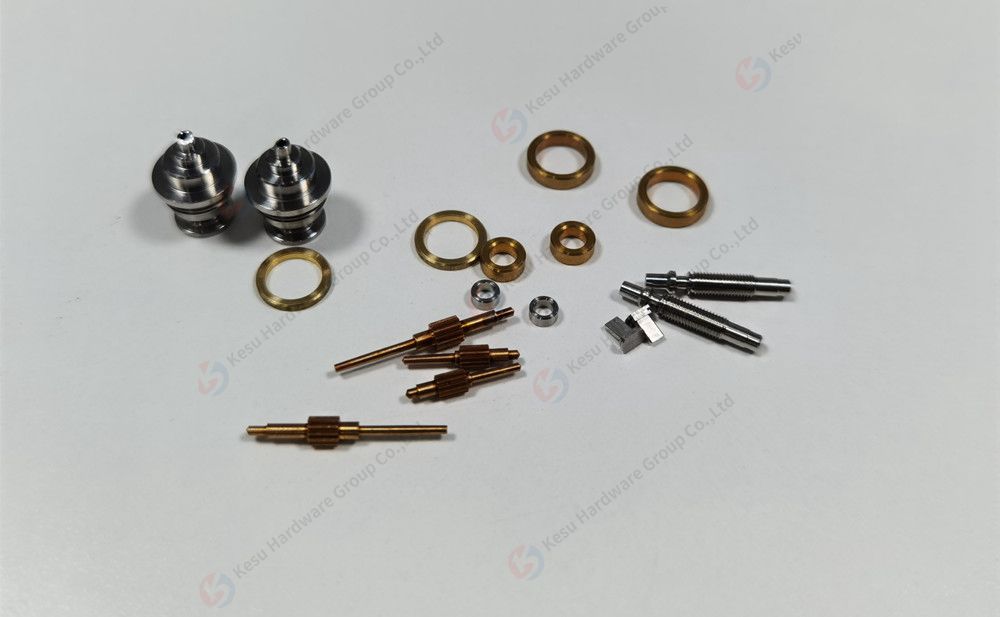
CNC Swiss Machined Parts
Swiss micro precisiong machining servise
We maximize precision and speed for a higher quality product at a cost savings. Our high precision machining services include micro tolerances Swiss machined parts, precision deep hole drilled machined parts, complex geometry & large diameter Swiss and non-Swiss screw machining, threaded machine parts, and slotted & crimped machined parts.
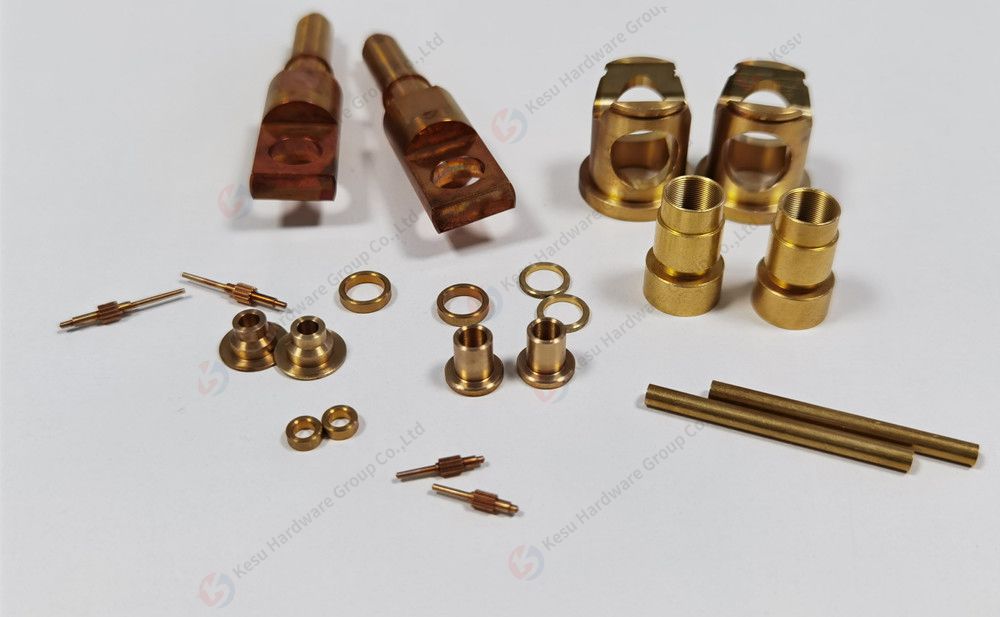
CNC Swiss Machined Parts
Post- Swiss Machining Services
Kesu Group also offers post-turning services of finished components, including:
· Anodizing
· Hardening
· Plating
· Laser etching
Finished components can be serially numbered, individually bagged, or assembled in kits. Special packaging is available upon request. Our team is also capable of building sub-assemblies when necessary.
Our goal is to provide you with cost-effective manufacturing solutions that will benefit your business. Kesu Group proudly utilizes Swiss CNC machining to produce stainless steel tubing with second-to-none efficiency, precision, and accuracy. Swiss CNC machining gives us a broad range of capabilities that meet the needs of many industries, from standard production runs to custom projects.

